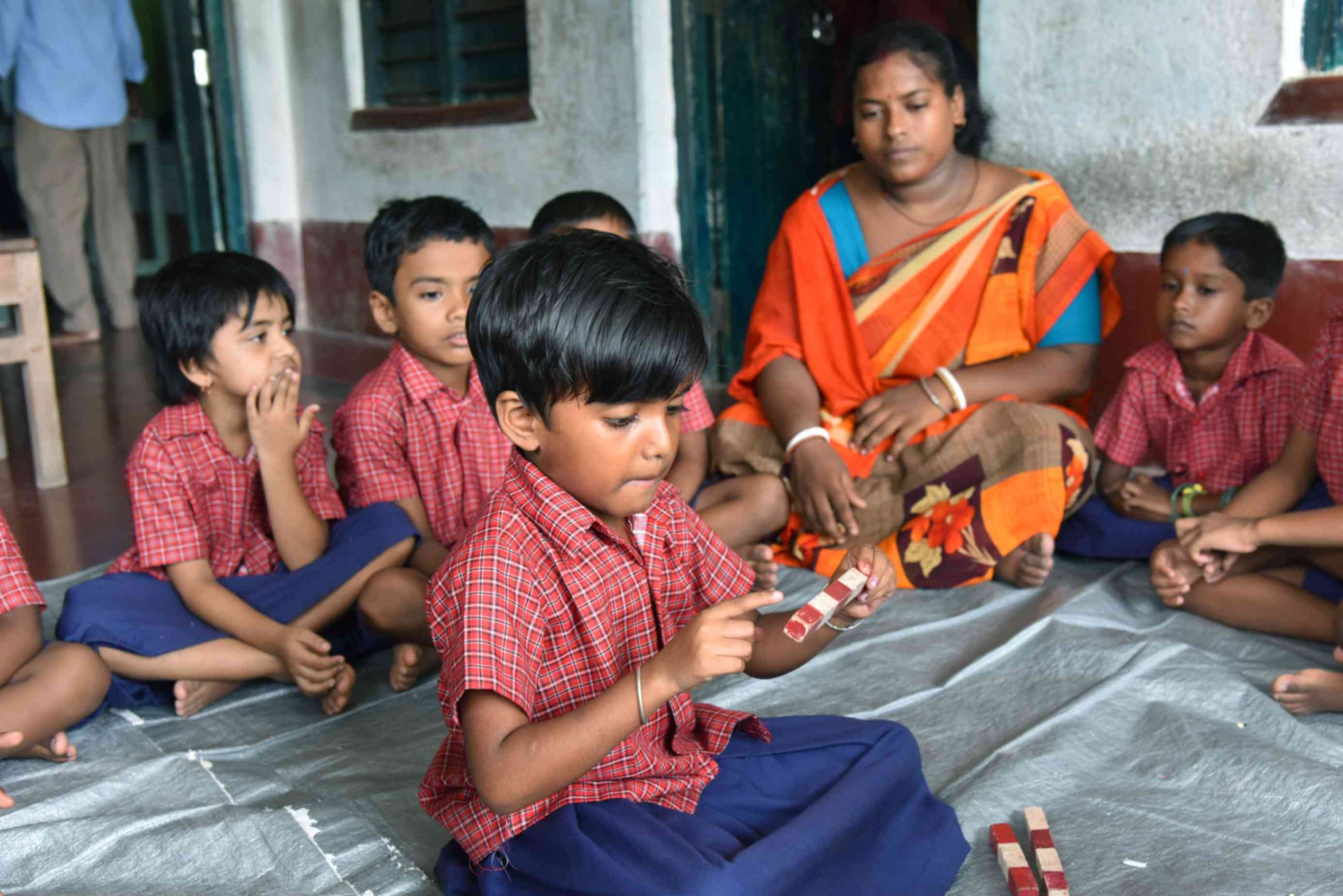When asked about the earliest memories from one’s childhood, you can always expect the answer to be a resounding memory of them retelling their treasured moments of playing games with their friends. The innocent waves of laughter were shared, paired with the joyful homecoming after a thorough rough-housing session.
For generations, playing games has been an integral part of a child’s development and a must-do activity ensuring children’s healthy growth and well-being.
In all their moments of innocence, competitiveness, and imagination, games, in all their forms– including educational games and video games alike, have the magical ability to shape a child’s learning experience and development. Whether it be a simple game of tag, semi-strategic games like Ludo, or even engaging strategic video games, the mere act of play is very important for a child’s development.
Addressing the Elephant(s) in the Room
Engaging in various games not only promotes physical well-being but also fosters cognitive, social, and emotional growth. From building problem-solving skills to enhancing creativity and cooperation, games offer a plethora of benefits that contribute to a well-rounded education — especially if exposed to educational games at an early stage. Some of the main reasons why learning games for kids and exposing them to them can be beneficial are:
Social and Emotional Needs
While playing games can be an individual task, more often than not, it requires collaborative efforts and can thus, help in the early building of healthy social relationships and the importance of team efforts. From board games to team sports, children learn to communicate, negotiate, and cooperate with their peers. These interactions teach them essential skills such as empathy, teamwork, and conflict resolution.
Playing team games and getting along with the general population of peers amongst the kids also helps inculcate a sense of belonging in the children which ultimately helps in the mental well-being of the child. Friendly competition in these games helps the children develop a sense of leadership, and confidence and learn how to graciously accept wins and defeats — often leading to higher resilience, and coping with the challenges, fostering their emotional intelligence.
Cognitive Development and Handling Skills
Contrary to the popular belief that games, especially video games, negatively affect the cognitive development of a child’s brain, and hamper academics and learning. Many games, especially educational games, are designed to stimulate certain aspects of the brain and which help in cognitive functioning and learning, also triggering lasting memory-attention with entertaining recall function.
Puzzle-solving, drawing games, quizzes, and every type of educational game trigger a different part of the brain and can enhance children’s literacy, numeracy, and reasoning abilities in a fun and engaging manner.
Moreover, digital games often require players to follow instructions, memorize rules, and navigate complex virtual environments, enhancing their thinking and digital literacy— digital literacy is so important in the current trend of digitization of our current and future generations. Being digitally literate and gifted may just develop our next generation into future learning and development and jobs in the concerned field.
Imagination and Creativity
Games often involve elements of creativity and imagination, allowing children to explore their artistic and innovative abilities. Role-playing games, for example, help the children create their own different identities and act like them, learning the responsibility and the role they would have to play in society in the future. It helps them realize, the importance of what everyone does and learn the real-time consequences of their actions.
Creative world-building and storytelling games help shape the uniqueness of children and dictate their coming development and help them think outside the box. All of this, in a controlled environment where they can freely experience and create, learning along the way.
These games foster imagination, problem-solving skills, and divergent thinking, which are essential for future success in various fields. By engaging in creative games, children learn to adapt, innovate, and approach challenges with a fresh perspective.
Physical Activity
Physical activity is crucial for children’s overall health and development, and games play a vital role in promoting an active lifestyle. Outdoor games, sports, and active play improve children’s motor skills, coordination, balance, and awareness.
Even in today’s world of digital games, consoles like Wii and Xbox 360 promote video games that require physical movements, such as dance or sports simulations, which can be equally beneficial in improving hand-eye coordination and reflexes. Moreover, these physically-demanding video games can offer a plethora of learning about all sports by playing them digitally where real-life equipment may be too expensive.
Engaging in physical play not only contributes to overall health but also builds a strong foundation for motor development and body awareness.
Snakes and Ladders
Of course, just like two sides to every coin, this too has its merits and demerits. No matter how much one climbs a ladder there will always be snakes ready for your fall. Games surely have their advantages ranging from building teamwork to hand-eye coordination, but anything in excess will prove to be detrimental in the end.
Everything should be consumed within limits. Games should provide an engaging means for children to learn effectively, but dependency on them will prove to be fatal. Especially online gaming.
True, e-sports have been recognized as a sport fairly recently, but the case widely differs for a person who wishes to make it a career and for those who don’t. Improvement of one’s cognitive abilities and teamwork also comes at the cost of being addicted. Gaming should not be relied on to the extent that addiction takes over.
Educational Games: The Way To Go
Endearing memories of games during childhood are something that we keep close to our hearts. Games make it easier for children to learn and comprehend because the simple word “game” has a positive and fun connotation to it which makes learning a highly engaging task. Systematizing the concept of gaming and education is of high importance.
Smile Foundation makes educational games an important part of its flagship education program, Mission Education(ME) reinforcing the well-placed belief that only work and no fun makes Jackie a dull girl.









